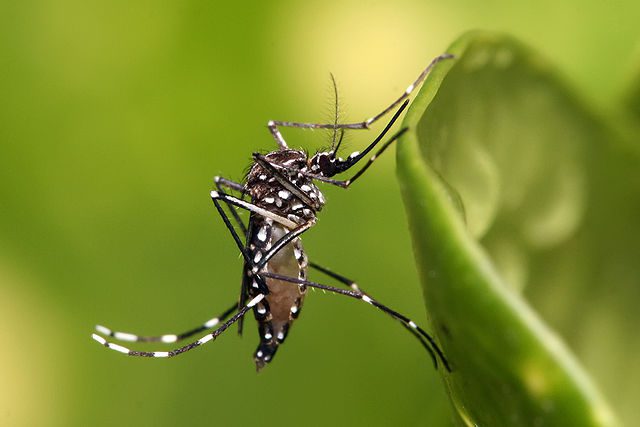


Defenders of Wildlife: The Department of the Interior is trying to prematurely strip Endangered Species Act (ESA) protections from nearly all gray wolves in the lower 48 states. This—as Idaho’s tragic example proves—could be a death sentence for wolves, who are intelligent, closely bonded animals who play a vital role in nature. We need them more than ever to preserve biodiversity, strengthen ecosystems and reduce disease. They deserve our compassion, respect and legitimate efforts to coexist with them in the remaining places wild enough for wolves to roam. There is still time to speak out against national wolf delisting by adding your public comments by July 15.
>>>Tell the Department of the Interior to protect America’s wolves by keeping them on the ESA list.
Lady Freethinker: For a dog, the gruesome dog meat industry is Hell on Earth. The animals are bound, crammed into tiny, rusty cages with dozens of other dogs, and transported to meat markets or slaughterhouses. Hungry, thirsty and suffering disease and broken bones, these terrified animals must then watch their cage mates tortured and killed as they wait for their turn. Because many people believe dog meat is more tender and provides more health benefits if the animal suffers during death, dogs are often hung, beaten or electrocuted by the butchers. While some countries have laws barring killing dogs and selling them for food, many of these regulations are unenforced. A new resolution introduced by the Los Angeles City Council aims to pressure governments throughout Southeast Asia to end the brutally cruel dog meat industry, in which tens of millions of dogs are tortured and killed for food in Vietnam, South Korea, Indonesia, Cambodia, China and other nations.
>>>Urge Los Angeles Mayor Eric Garcetti to support and work to pass Councilmember Bob Blumenfield’s resolution CF 19-0002-S101 urging governments listed to ban the sale of dog meat and enforce animal cruelty laws.
Citizens for Alternatives to Animal Research and Experimentation: Tucked away in the beautiful Rocky Mountains of Montana, a government laboratory is carrying out painful and sickening experiments, infecting animals’ brains with deadly prions to study Chronic Wasting Disease, which causes great suffering to infected animals and is characterized by emaciation, abnormal behavior, loss of bodily functions and death. In one study, 19 monkeys had holes drilled into their skulls through which infected deer/elk tissue was injected into their brains, while 21 monkeys were force-fed the infected tissue. Most of the monkeys used for the CWD experiments were captured from the wild before they were infected more than 13 years ago, and kept alone in cages, isolated from each other and from the world before they died. After years of misery, the results of these grotesque animal experiments are vague and mixed, summarized by a published scientific review that concluded a “high level of uncertainty” regarding possible transmission of CWD to humans. These atrocious experiments are not only cruel and inconclusive, they are unnecessary. In a new study conducted at the Rocky Mountain Laboratories, a cerebral organoid model made from human cells, or a “mini-brain,” was used to study a deadly prion disease that affects humans known as Creutzfeldt-Jakob Disease (CJD).
>>>Urge the National Institutes of Health to replace these inconclusive and cruel experiments on animals with cerebral organoids.
Cause for concern…

- If global warming isn’t kept to 1.5°C, millions could contract dengue fever (Neela Banerjee, InsideClimate News)
- Farm loan delinquencies have reached highest levels since 2011 (David Widmar, Agricultural Economic Insights)
- Trump administration signals support for uranium mining that could touch Grand Canyon (Miranda Green, The Hill)
- Elephant poaching is on the rise in Botswana, study confirms (Olivia Rosane, EcoWatch)
- Animal cruelty charges dropped because fish aren’t “animals” under North Carolina law (Nicole Pallotta, Animal Legal Defense Fund)
Round of applause…

- House votes to protect coasts from new offshore drilling activities (Oceana)
- Montenegro’s “bird paradise” declared a national protected area (Gui-Xi Young, BirdLife International)
- Wales bans wild animals in traveling circuses (BBC News)
- Changing your meat-eating habits could mean a longer life, study suggests (Jacqueline Howard, CNN)
- There are more vegan options in New York City than ever before (Claire Leaden, amNY)
Parting thought…
“We have forgotten how to be good guests, how to walk lightly on the Earth as its other creatures do.” —Barbara Ward